Affectionately known as Crabtree in my circles, Tony Jones is a friend and my former editor at Fortress Press. I could not be happier that he’s released this new book out into the world, The God of Wild Places. Like its author, the book is uncompromising, tenacious, and self-aware. The prose, like the places and people it describes, is beautiful. I’m enough of Barthian to be dubious that the God people find in nature is a first century Jewish carpenter, who lived briefly, died violently, and rose unexpectedly. However, I have no doubts that the Author responsible for the redemptive story Tony tells is none other than Mary’s boy and Pilate’s victim.
Check out Tony’s Field Notes here.
Show Notes
Summary
The conversation revolves around Tony Jones' new book, The God of Wild Places, and his experiences in the outdoors. The book is a memoir that explores themes of vulnerability, redemption, and the search for identity. Tony discusses the process of writing and recording the audiobook, as well as the challenges of sharing personal stories. The conversation also touches on the role of anger and the theology of the cross in Tony's journey. Overall, the conversation highlights the importance of honesty and authenticity in storytelling.
In this conversation, Tony Jones discusses his book The God of Wild Places and his experiences with hunting and the outdoors. He reflects on the connection between nature and spirituality, the role of the church in his life, and the challenges he faced in his personal journey. The conversation also touches on themes of redemption, mentorship, and the importance of disciplined practice. Tony shares his writing process and future projects, including a study on the 'nones' and a potential trip to Jerusalem and Rome.
Takeaways
Writing a memoir requires vulnerability and the willingness to share personal stories.
Recording an audiobook can be challenging, but it allows for a more intimate connection with the audience.
Choosing what to include and what to omit in a memoir is a delicate balance, considering the impact on others and the desire for honesty.
The book explores themes of anger, redemption, and the search for identity, with a focus on the theology of the cross.
Honesty and authenticity are essential in storytelling, especially when sharing personal experiences. The connection between nature and spirituality can be a powerful source of inspiration and growth.
The church can sometimes be inadequate in addressing the needs of individuals and may overlook the importance of disciplined practice and mentorship.
Redemption and healing can be found in revisiting places that hold painful memories and creating new experiences.
Writing is a methodical process that requires discipline and focus, and it is important to create dedicated time and space for it.
Future projects for Tony Jones include a study on the 'nones' and potential trips to the Boundary Waters, Jerusalem, and Rome.



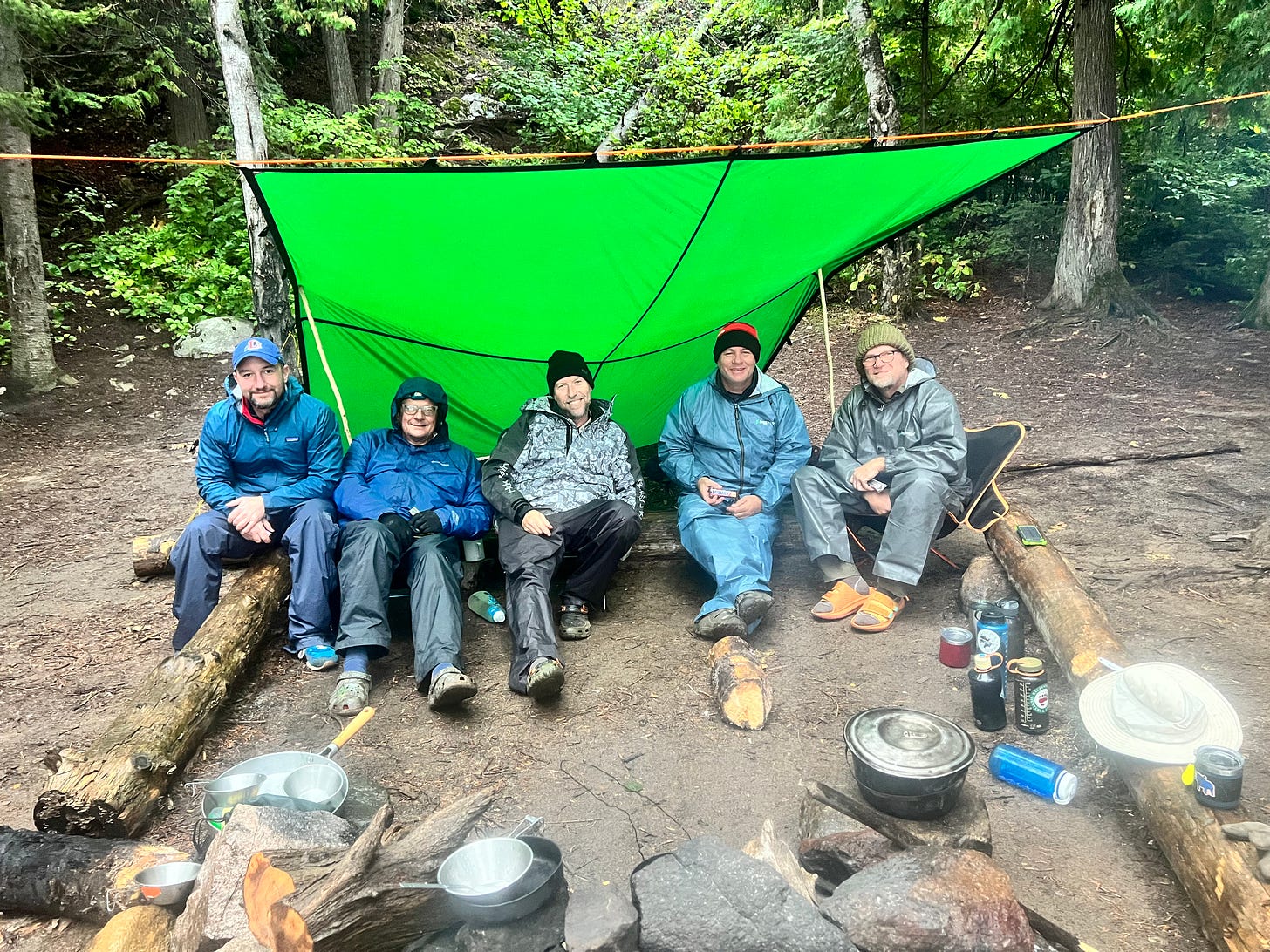
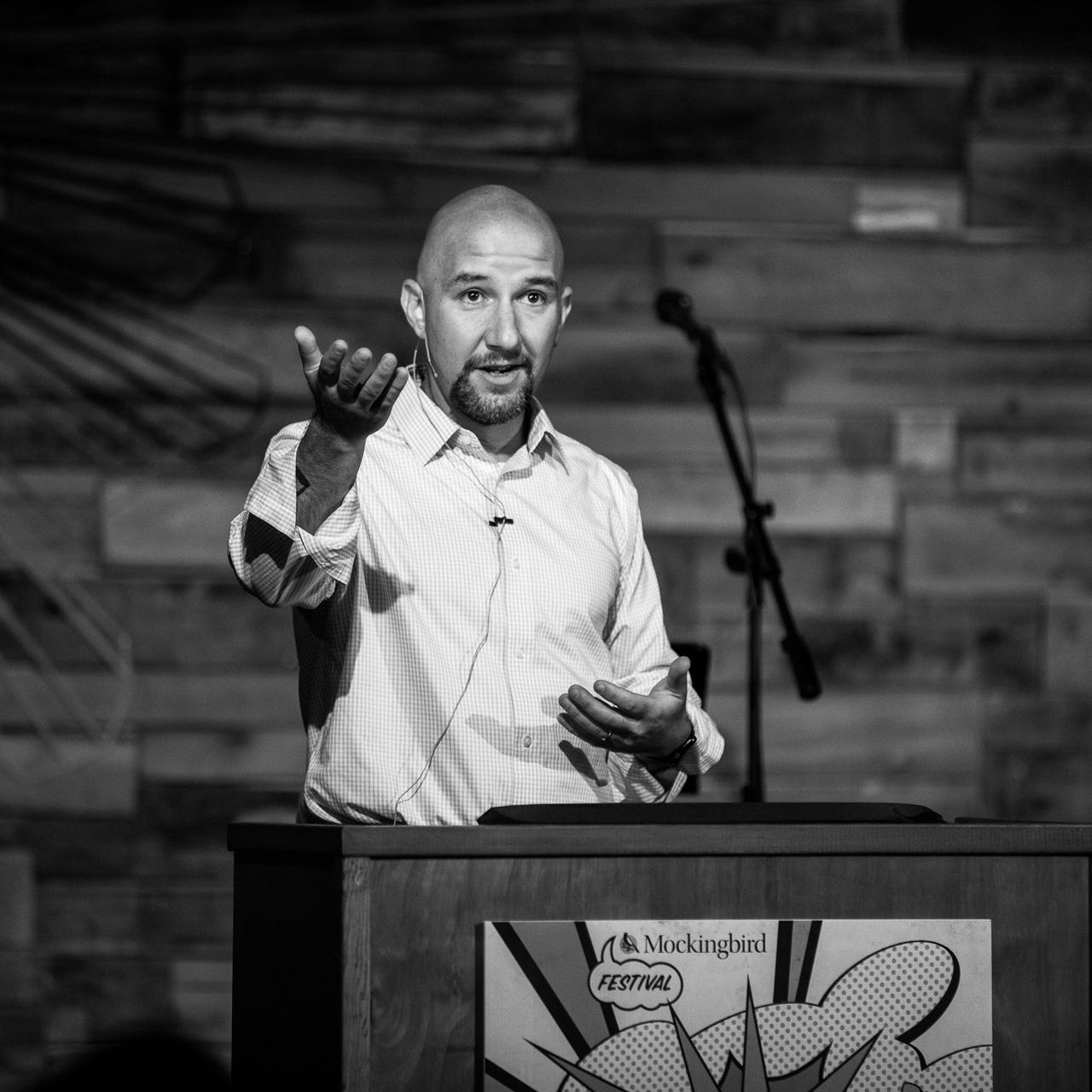


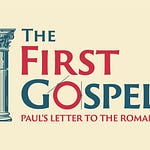

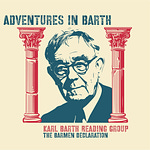
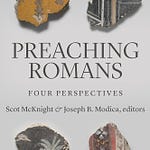


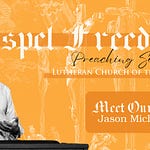



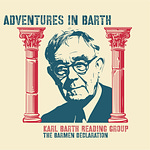

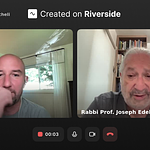
The God of Wild Places